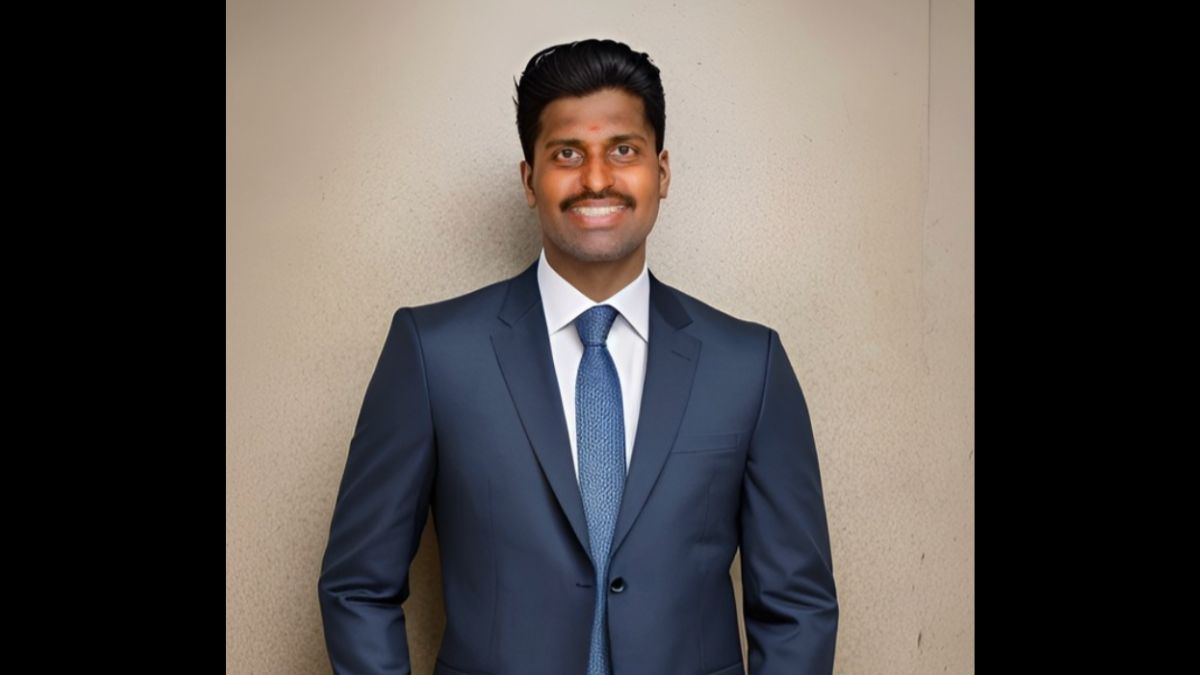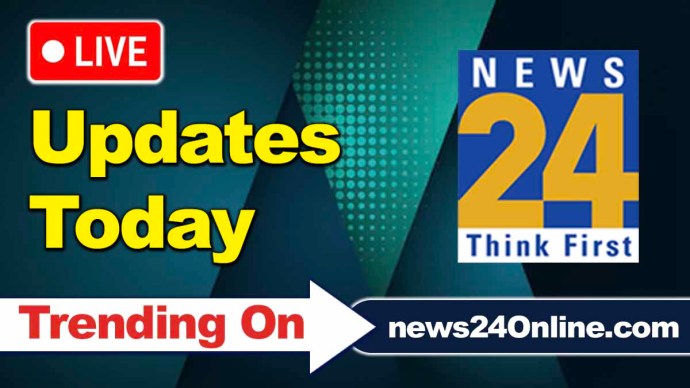Surendra Mohan Devaraj is a Senior Technical Program Manager with extensive experience in driving technological advancements. Devaraj explores the transformative role of telecom operators supported by Cloud Computing and Artificial Intelligence (AI). Research of Surendra Mohan Devaraj highlights how these technologies underpin smart city initiatives and IoT ecosystems by enabling real-time analytics, predictive decision-making, and robust connectivity. These innovations address the multifaceted challenges of urbanization, including traffic congestion, environmental sustainability, and resource management, shaping the future of intelligent urban living.
Surendra Mohan Devaraj: The Smart City Revolution
The increasing urban population has intensified the need for innovative city management strategies. Smart cities leverage IoT devices such as sensors, cameras, and smart meters to collect vast amounts of data. This interconnected data serves as the foundation for informed decision-making in areas like transportation, utilities, and public safety. Telecom operators, as the connectivity enablers, play a crucial role by providing the infrastructure to facilitate seamless data exchange. By integrating AI and cloud technologies, these operators empower cities to process, analyze, and act on data in real time, resulting in smarter resource allocation and enhanced operational efficiency.
AI And Cloud In Telecom: A Synergistic Powerhouse
AI revolutionizes telecom by analyzing large datasets from IoT devices, enabling dynamic and actionable insights. For example, machine learning algorithms can predict energy consumption patterns or detect anomalies in environmental monitoring. Meanwhile, cloud platforms provide scalable resources to handle the immense data traffic generated by IoT ecosystems. Hybrid cloud models, combining centralized and edge computing, reduce latency, enhance processing efficiency, and ensure seamless delivery of services. Together, AI and cloud solutions amplify telecom’s ability to drive smart city innovations.
Applications Transforming Urban Living
- AI-Driven Traffic Management
Real-time optimization: AI-powered systems adjust traffic signals dynamically based on data from IoT sensors and cameras, minimizing congestion and reducing carbon emissions.
Predictive analytics: By analyzing historical and live traffic data, AI forecasts congestion patterns, helping urban planners design better infrastructure.
Autonomous vehicle integration: AI coordinates self-driving vehicles within existing traffic systems, enhancing safety and efficiency. - Environmental Monitoring
Air quality management: IoT-enabled sensors monitor pollutants, with AI-driven analysis providing actionable insights and health warnings.
Water resource management: Sensors track water quality and usage in real time, while AI algorithms detect anomalies and optimize distribution.
Climate forecasting: AI analyzes weather patterns to predict extreme events, enhancing disaster preparedness and mitigation strategies. - Cloud-Based IoT Platforms
Advanced data analytics: Cloud platforms integrate AI to enable predictive modeling and real-time decision-making across smart city systems, from energy grids to public safety networks.
Scalability and elasticity: Cloud solutions dynamically scale resources to meet increasing data demands without compromising performance.
Interoperability: By standardizing communication protocols, cloud platforms facilitate seamless collaboration among diverse IoT devices and applications.
Challenges In Smart City Ecosystems
Despite their transformative potential, smart city implementations face several hurdles:
Data privacy and security: IoT devices collect sensitive data, raising concerns about privacy breaches and cyberattacks. Robust encryption and regulatory compliance are essential to mitigate these risks.
Infrastructure costs: Building and maintaining the necessary telecom and cloud infrastructure can be prohibitively expensive. Public-private partnerships can alleviate financial challenges.
Interoperability issues: The diversity of IoT devices and platforms requires standardized frameworks to ensure seamless communication and integration.
Future Trends And Innovations
The future of smart cities lies in adopting next-generation technologies. Emerging 6G networks promise ultra-low latency and higher speeds, enabling more efficient IoT operations and advanced applications like real-time autonomous vehicle navigation. Quantum computing, with its unparalleled computational power, will further enhance AI-driven analytics, supporting complex tasks such as dynamic energy optimization and urban planning.
Additionally, edge computing will continue to gain prominence, decentralizing data processing to ensure faster response times for critical applications. Collaboration among industries, governments, and academia will be key to fostering interoperability, addressing security challenges, and accelerating the deployment of innovative solutions. Developing universal IoT protocols and robust security frameworks will also ensure a smoother transition to more advanced smart city ecosystems.
Telecom’s Expanding Role In Urban Transformation
Telecom operators are at the forefront of smart city innovation, providing the connectivity backbone and integrating technologies such as Software-Defined Networking (SDN) and Network Function Virtualization (NFV). These advancements enhance network flexibility and scalability, enabling cities to adapt to growing demands. By collaborating with municipal governments and private stakeholders, telecom operators facilitate the deployment of intelligent solutions like smart grids, public safety systems, and AI-powered transportation networks.
Conclusion
The convergence of AI, cloud computing, and telecom is revolutionizing urban living by enabling smarter, more sustainable cities. These technologies enhance efficiency in traffic management, environmental monitoring, and resource optimization, addressing the critical challenges of modern urbanization. While hurdles such as data privacy, infrastructure costs, and interoperability remain, continued innovation and collaboration will unlock the full potential of smart city ecosystems.
As cities evolve into more complex and interconnected environments, the role of telecom operators, empowered by AI and cloud platforms, will become even more vital. By embracing these innovations, we can build resilient, adaptive, and inclusive urban landscapes that meet the needs of future generations. Together, these advancements set the stage for a transformative era in urban management and connectivity, fostering a more connected and sustainable world.
FIRST PUBLISHED: 9thJune 2023
ALSO READ: Satya Ram Tsaliki: Redefining Data Management & Advancing Software Development Practices












